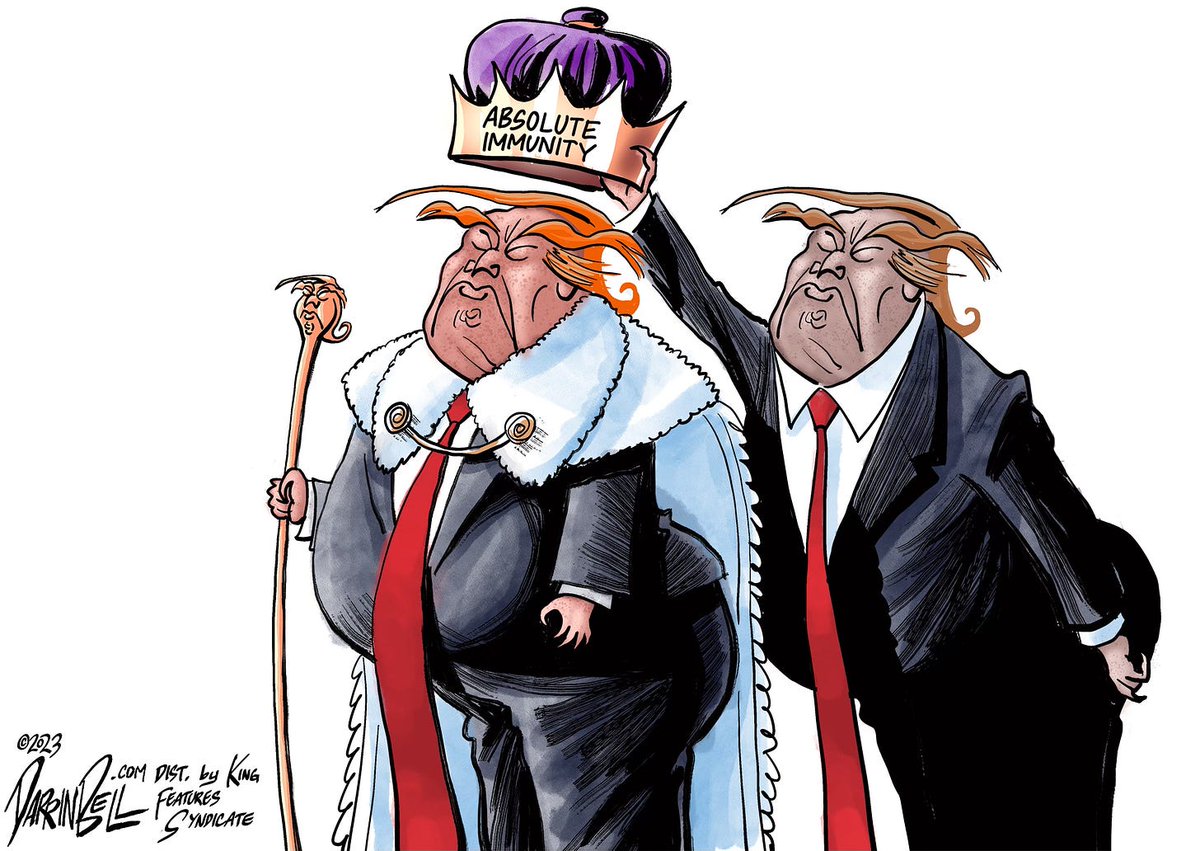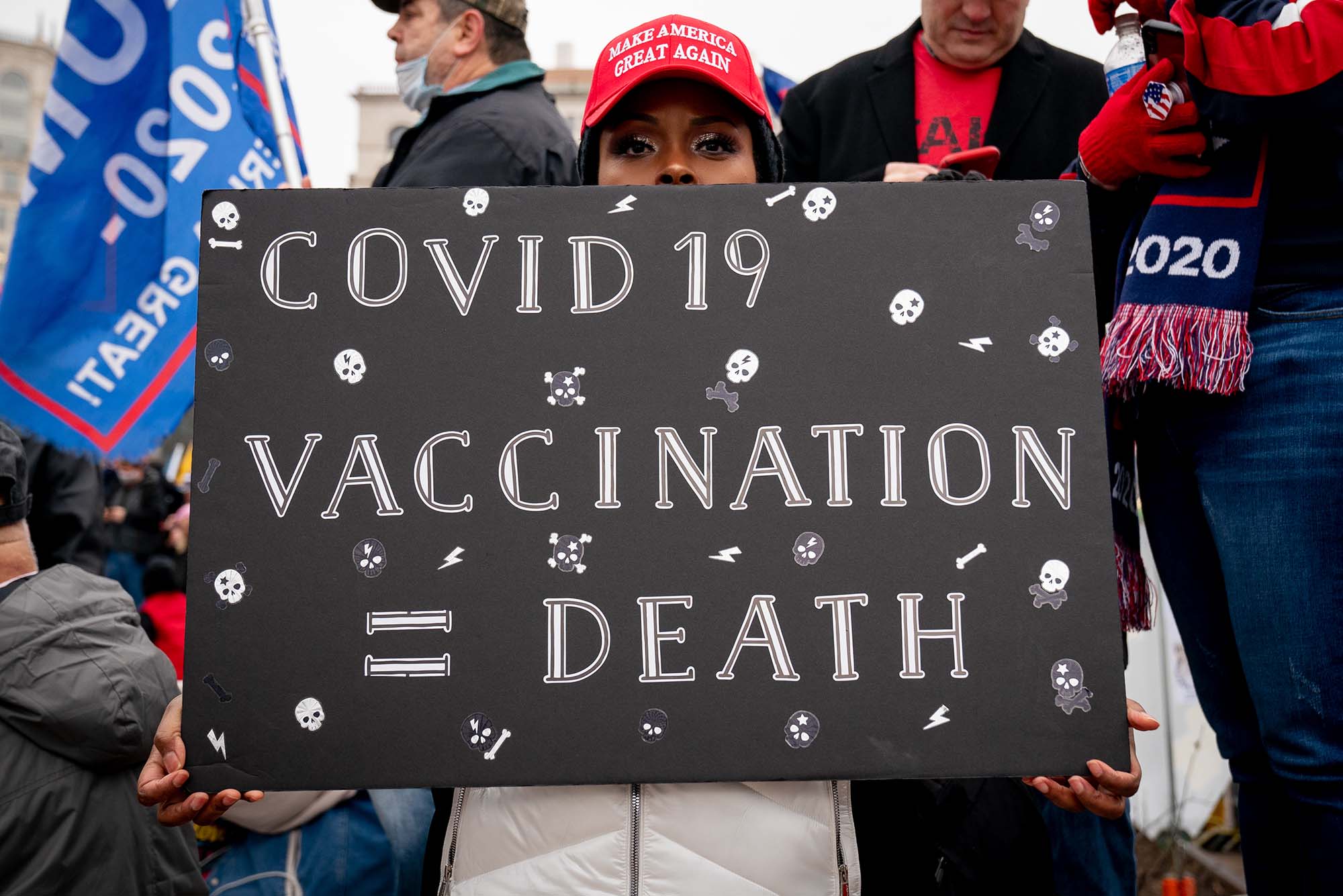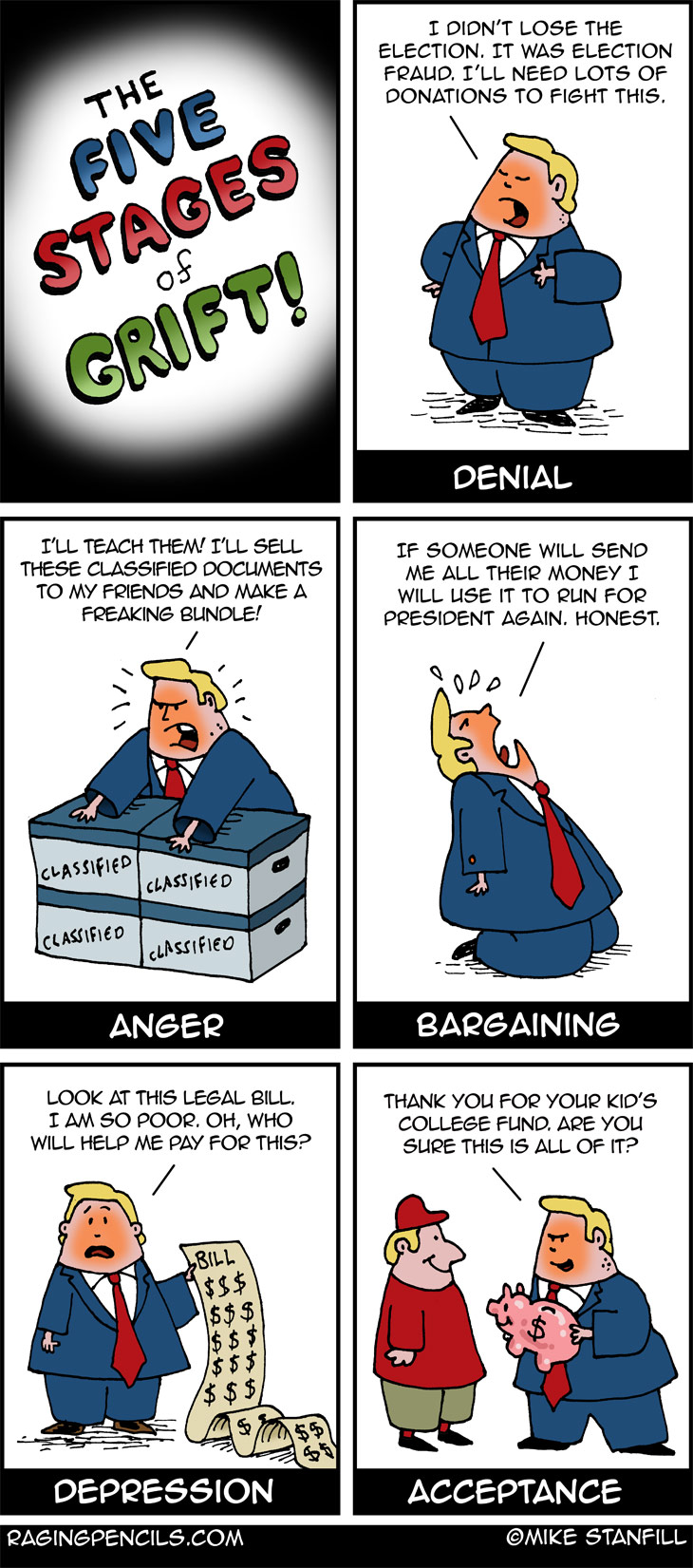Flurry of false claims and advice from his master Vlad trigger King Donald's rant on voting
Jon Queally for Common Dreams
 |
| Guaranteed: Trump's got a vanity plate |
"I am going to lead a movement to get rid of MAIL-IN BALLOTS, and also, while we’re at it, Highly 'Inaccurate,' Very Expensive, and Seriously Controversial VOTING MACHINES, which cost Ten Times more than accurate and sophisticated Watermark Paper, which is faster, and leaves NO DOUBT, at the end of the evening, as to who WON, and who LOST, the Election," Trump wrote in a social media post infested with lies and falsehoods.
Trump falsely claimed that no other country in the world uses mail-in voting—a blatant lie, according to International IDEA, which monitors democratic trends worldwide, at least 34 nations allow for in-country postal voting of some kind. The group notes that over 100 countries allow out-of-country postal voting for citizens living or stationed overseas during an election.
He also fails
to note that mail-in ballots were very much in use nationwide in 2024, with an
estimated 30% of voters casting a mail-in ballot as opposed to in-person during
the election in which Trump returned to the White House and Republicans took
back the US Senate and retained the US House of Representatives.



















